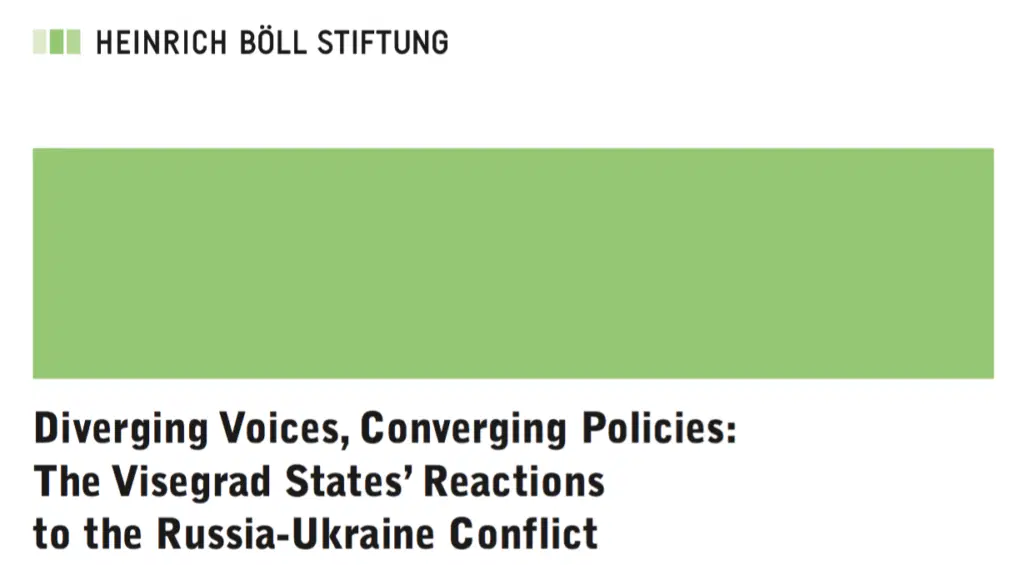Diverging Voices, Converging Policies: The Visegrad States’ Reactions to the Russia-Ukraine Conflict

As the Russia-Ukraine conflict continues to pose fundamental challenges for the European Union and raises the question of whether the EU will maintain its commitment to the political and economic consolidation of those of its Eastern neighbours which aim to make sovereign choices based on the rule of law and democracy. Although the EU has reacted to the conflict in a unified manner by imposing sanctions on Russia, statements made by certain European political leaders have undermined the public perception of European unanimity. Officials of the Visegrad countries, for instance, have been divided on certain aspects of the conflict.
In order to provide answers to the question of what narratives underlie the differing reactions of individual Visegrad countries, the document provides analyses of the Visegrad countries on how they have dealt with the conflict in the light of historical experience, and with respect to public opinion, economic relations, energy- and foreign policy.
Commissioned by the Heinrich-Böll-Stiftung offices in Prague and Warsaw, the document is co-published by the Europeum Institute for European Policy (Czech Republic), Institute of Public Affairs (Poland), Institute for Public Affairs (Slovakia), Political Capital Policy Research & Consulting Institute (Hungary).
For more information, click here.
The document can be accessed through the PDF button next to this article.




